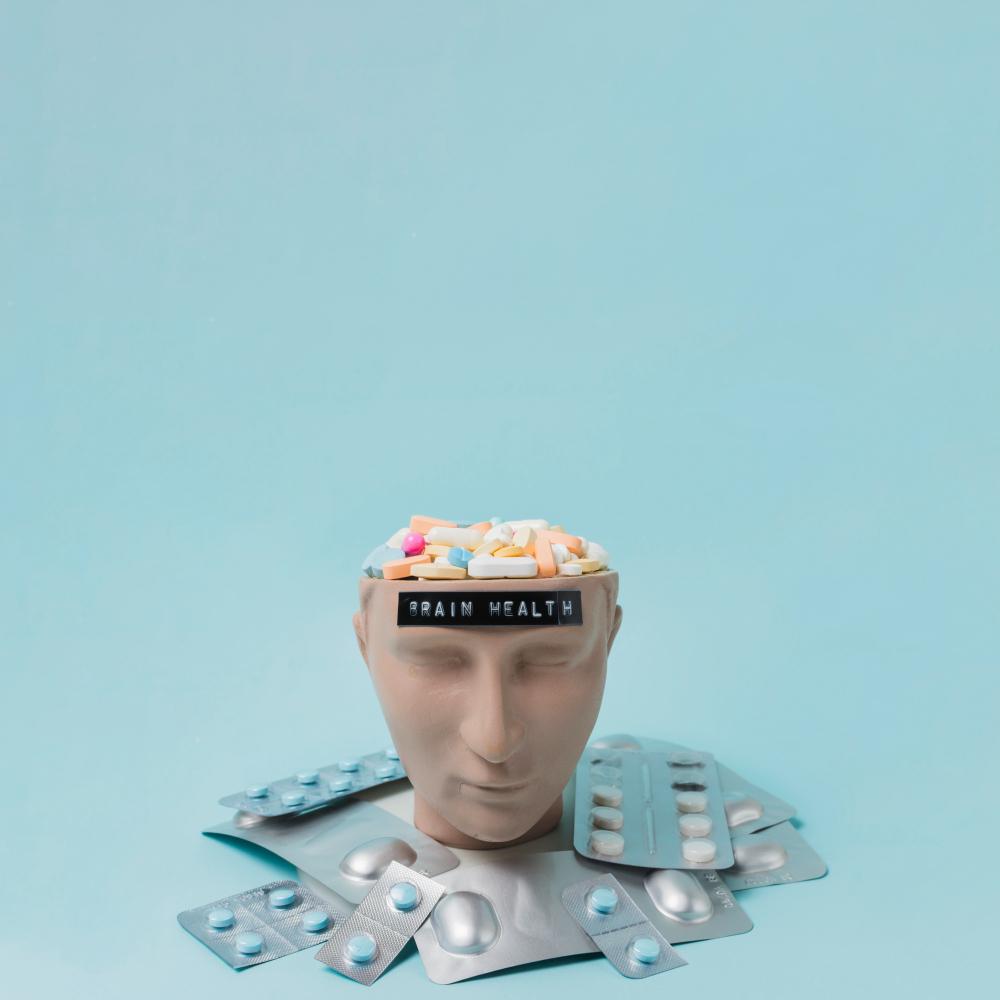Notifications

5 minutes, 40 seconds
-18 Views 0 Comments 0 Likes 0 Reviews

Addiction is often misunderstood as a lack of willpower or moral failure. However, modern neuroscience reveals a much more complex and troubling truth: drugs fundamentally alter how the brain works. This blog post explores how addiction hijacks the mind, how the process evolves over time, and how centers like Nasha Mukti Kendra in Patiala are helping individuals regain control of their lives.
At the core of addiction lies the brain's reward system—a network of areas responsible for feelings of pleasure, motivation, and reinforcement. When we engage in healthy behaviors like eating, exercising, or socializing, the brain releases dopamine, a chemical that reinforces those behaviors by making us feel good.
Drugs artificially trigger this reward system—often in much larger doses than natural rewards. For example, cocaine can release up to 10 times more dopamine than a pleasurable activity like eating chocolate. This floods the brain, overwhelming its natural balance.
Dopamine Overload: Initially, users feel euphoric because of the surge of dopamine. However, the brain quickly adapts by reducing dopamine receptors or producing less dopamine naturally.
Tolerance: Over time, more of the drug is needed to achieve the same high. This is known as tolerance, and it is a key step toward physical dependence.
Compulsion: As natural sources of pleasure become less effective, the brain starts to crave the drug just to feel normal. This shifts drug use from a voluntary action to a compulsive behavior.
Loss of Control: Brain imaging studies show that addiction affects the prefrontal cortex, the area responsible for decision-making, self-control, and judgment. This is why addicts often find it nearly impossible to quit on their own—even if they want to.
Beyond the biological grip of drugs, addiction deeply affects mental health. Chronic drug use is associated with:
Increased anxiety and depression
Mood swings and irritability
Social withdrawal
Paranoia and hallucinations (in the case of some substances)
This creates a vicious cycle. Drugs worsen mental health, which leads to more drug use as a coping mechanism.
The good news is that with the right treatment and time, the brain can heal. However, recovery is a slow and structured process. It involves:
Detoxification to remove the drug from the body
Therapy to change behavioral patterns
Counseling and Support Groups to address underlying issues
Lifestyle Changes to avoid relapse
One such trusted facility providing this multi-dimensional approach is the Nasha Mukti Kendra in Patiala.
Located in a peaceful environment conducive to healing, Nasha Mukti Kendra in Patiala focuses on evidence-based treatments that address both the mind and body. Here's how the center helps patients regain control over their lives:
Medical Supervision: Professional staff monitor detox and withdrawal symptoms 24/7.
Individual Counseling: Therapy sessions aim to uncover and address the root causes of addiction.
Group Therapy: Shared experiences help break the sense of isolation many addicts feel.
Rehabilitation Programs: Programs include yoga, meditation, mindfulness, and vocational training for complete reintegration.
This holistic care not only treats the symptoms but also empowers patients to rebuild their lives from the ground up.
The longer the brain is exposed to addictive substances, the more difficult it becomes to reverse the damage. That’s why early intervention is critical. Loved ones should look for signs like:
Changes in behavior or mood
Withdrawal from family and social activities
Declining performance at work or school
Financial or legal troubles
If you recognize these red flags, seeking professional help from a center like Nasha Mukti Kendra in Patiala could be a life-saving decision.
Addiction isn’t just a habit—it’s a chronic disease that alters brain chemistry and behavior. But with timely intervention, professional support, and a strong recovery framework, healing is very much possible. Facilities like Nasha Mukti Kendra in Patiala are playing a pivotal role in helping individuals restore balance to their lives, one recovery story at a time.

